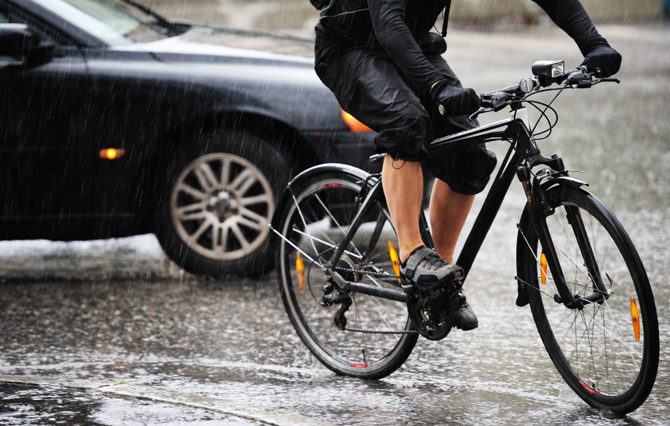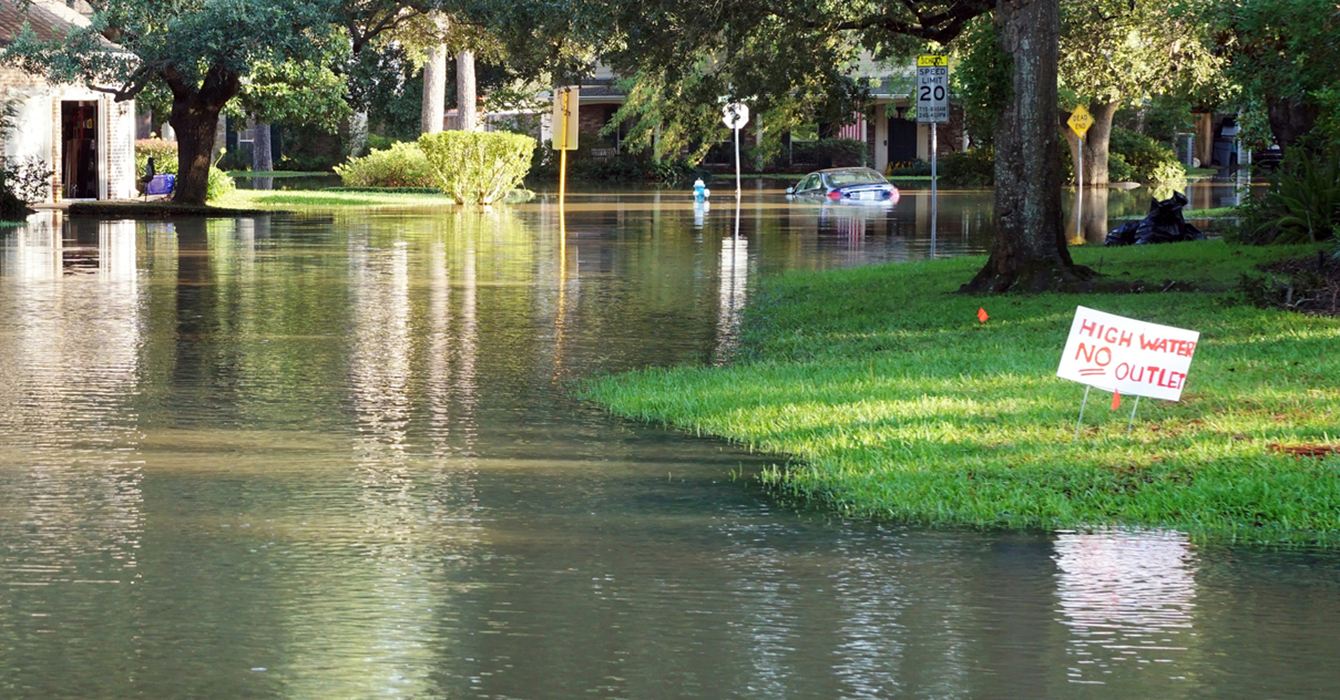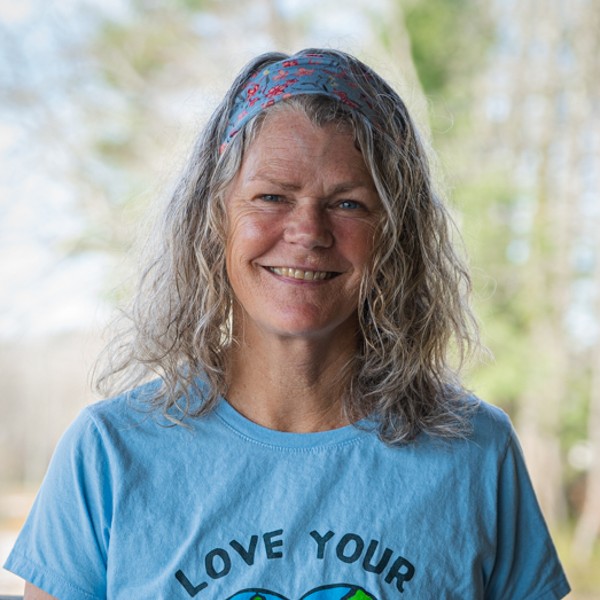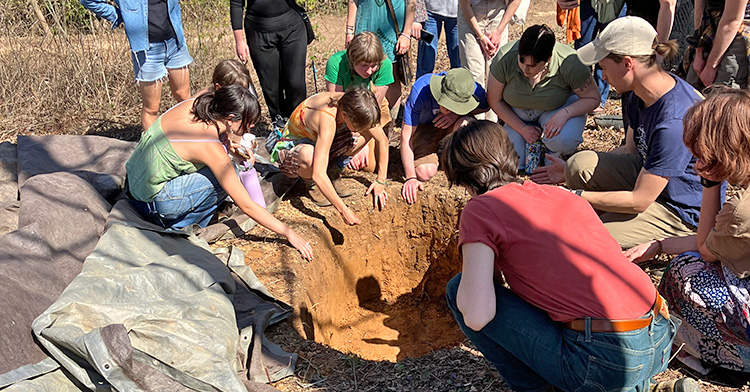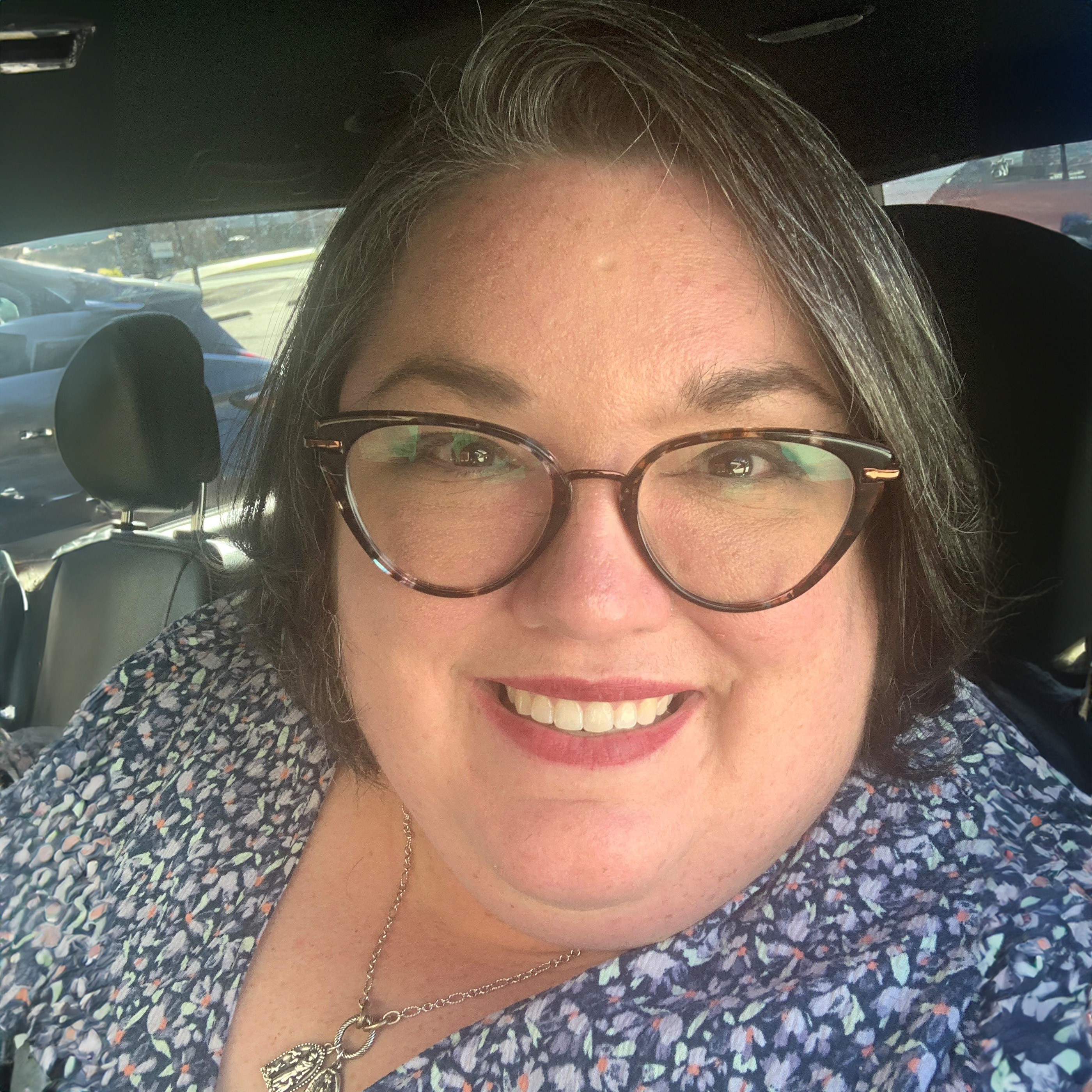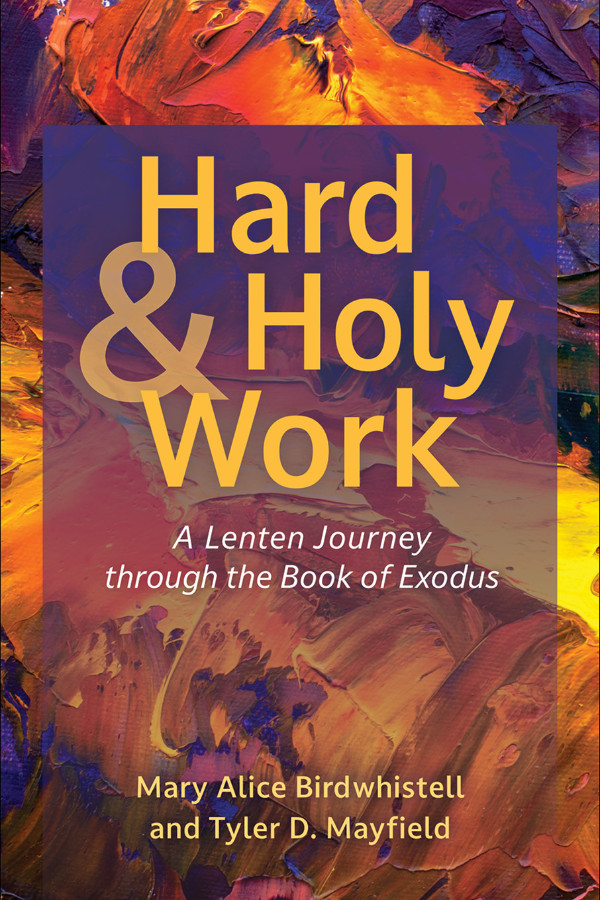Christian leaders are facing the question of what they can do about the climate crisis -- a contentious policy issue in today’s U.S. political landscape and an ongoing global concern.
For the Rev. Diana Hall, the rector of St. Anne’s Scottish Episcopal and Methodist Church in Dunbar, Scotland, addressing climate change is part of God’s call to creation care. Last year, Hall helped move the Scottish Episcopal Church’s General Synod to divest from fossil fuels.
But that decision, Hall said, is only a small first step.
“Self-sacrifice for love of God and the sake of others is a core tenet of Christian discipleship, and this should mean the church is open to and able to respond to the call for climate action through its members,” she said.
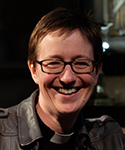 Hall spoke with Faith & Leadership’s Katie Rosso about her work, and why the climate crisis is one of the most urgent issues we face. The following is an edited transcript.
Hall spoke with Faith & Leadership’s Katie Rosso about her work, and why the climate crisis is one of the most urgent issues we face. The following is an edited transcript.
Faith & Leadership: We’re into Lent now, and some folks are choosing to focus the “giving up” portion of Lent on harmful climate practices -- for example, giving up single-use plastic. Tell me about this trend.
Diana Hall: There has been a definite increase in people using Lent as a time to choose to concentrate on an area of life where they want to be thoughtful about, and make changes around, climate change concerns.
In the last two years, there have been significant initiatives in Lent where large groups have tried to “give up” something that is perceived as harmful to the environment, such as single-use plastics, and also to “take up” a positive practice, perhaps choosing a vegetarian diet or engaging in a positive campaign like writing to their political representatives about climate issues.
For many people, these Lenten practices end up being formative for their discipleship after Easter, as they carry the practices they’ve developed into their everyday lives.
F&L: The Scottish Episcopal Church’s General Synod voted to divest from fossil fuels in response to a motion you’d made. Afterward, you were quoted as saying, “My generation, and the generations in this room, are letting young people down. … If we continue [to] invest in fossil fuels, we actively contribute to climate chaos.” What other ways can churches lead in doing better for the next generation?
DH: The worst impact [of climate change] falls on those least responsible for the problem. This is a massive justice issue.
The actions of this generation will have a huge impact on our children, grandchildren and beyond. And globally, the actions of those of us in rich countries are having a disproportionate effect on our fellow humans in the Majority World. Many churches have relational links to communities in the Majority World where the effects of climate change are already causing significant suffering -- displacement of communities, crop failure and death.
We can share their stories and build solidarity with them. We must also be at the forefront of fighting the injustices they face -- by our own personal and corporate response to climate crisis, by advocating for those who have no voice, and by seeking radical structural change in our own contexts.
F&L: How can Christian leaders incorporate positive climate practices into their lives or congregations when they are already overwhelmed by the work?
DH: Responding to the climate emergency is a discipleship issue. It’s not something to add on to what we do already; it requires a fundamental reorientation, turning away from the commodification and abuse of creation and seeking a way to live in harmony with creation and our fellow human beings.
The liturgical year offers ready-made opportunities to celebrate creation. The challenge of climate change can seem overwhelming, but as people realize the magnitude of the crisis, they need places to confess and lament. Christianity has a rich, deep tradition on which to draw. Harness it to offer opportunities for this.
F&L: You do work with the group Christian Climate Action, which says on its website: “We believe in a love that casts out fear -- a love which gives us the courage to take a stand in this climate emergency.” How do you incorporate the “love that casts out fear” in your work as the leader of a parish?
DH: I minister in the Scottish coastal town of Dunbar, the birthplace of John Muir, known as the father of the [U.S.] national parks. Muir wrote, “Everybody needs beauty as well as bread, places to play in and pray in, where nature may heal and give strength to body and soul.”
I am blessed to minister in a place where the beauty of God’s creation is very evident right on our doorstep. I try to cultivate a place and practices of worship that enable an experience of God and a response to the abundance and beauty of what God has entrusted to us. Climate action is a natural response to an experience of God’s love. It is worked out in preaching and teaching, but also in the public square -- learning from, working with and supporting people in the faith community and beyond who are seeking to build a sustainable future.
F&L: Why do you feel called to do this work in faith and climate change?
DH: Climate change is the defining issue of our time. It threatens our very survival. But imagine for a moment: What might happen if a ragtag group of people could gather, nurture and model a countercultural way of life that addressed that challenge? What if it welled up out of an experience of love -- was in tune with rather than working against creation? What if the community spoke out against injustice and advocated for those who were too often unseen and unheard? Wouldn’t that be captivating? Isn’t that what Jesus would do? The church can offer a voice of prophetic leadership and hope in this area. And it must. If it doesn’t, how can it do anything else with integrity? And why should anyone listen to anything it has to say?
Get involved
Earth Ministry, based in Seattle, Washington, organizes and trains people of faith to “make their voices heard” at government meetings and hearings and to work within and among religious communities for environmental stewardship and justice.
Interfaith Power & Light, with more than 40 state affiliates across the U.S., has worked since 2000 to “inspire and mobilize people of faith and conscience to take bold and just action on climate change.”
Operation Noah, a U.K. Christian charity, offers churches resources for addressing climate change, including “Climate Change and the Purposes of God” (also known as the Ash Wednesday Declaration), which was specifically designed for Lent.
Living Lent, a U.K. faith-based online community, works to help Christians recognize that “changing our climate is not just an activity, but a lifestyle,” offering small group and family resources and encouraging Lenten practices such as giving up single-use plastics, going meat-free, reducing electricity use and not buying anything new.


